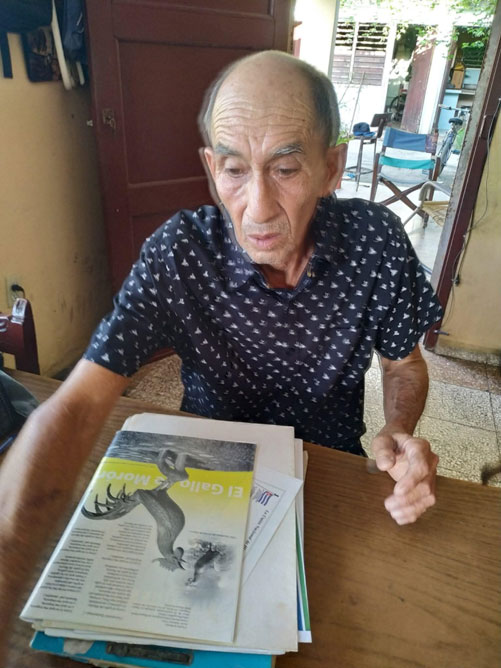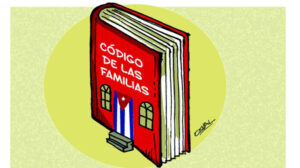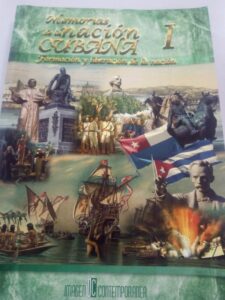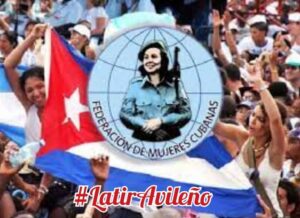July begins with a cultural celebration, as the first of this month marks Historian’s Day, in honour of Dr Emilio Roig de Leuchsenring, who in 1935 was appointed Historian of Havana, and whom Fidel referred to as the Historian of the Revolution.
On this date, it is fitting to reflect on the true role of a historian: a person dedicated to the study and research of the past in all its facets. Thanks to the work of historians, we are able to interpret historical events and their true impact on the present.
Ciego de Ávila has the privilege of preserving a moving history, recorded by remarkable individuals who have ensured that no event fades into obscurity, through meticulous notes on the most significant events, collected in books and documents archived in museums and libraries.
In a lively conversation with Héctor Izquierdo Acuña, a passionate historian, he shares how he took his first steps in this field, noting that a mission in Angola influenced his passion for research.
From that moment on, he became engrossed in research, mainly on the colonial period, and mentions some of his works, such as The Ten Years’ War in Ciego de Ávila; Colonial History of the Municipality of Bolivia; and numerous historical articles published in newspapers and magazines.
He states that he holds the title of Associate Researcher at the Juan Marinello Centre, has a diploma in Socio-cultural Anthropology, and has received special recognitions such as the Jewel of Avilanian Culture distinction, national awards, the Distinction for Cuban Culture, and the annual Juan Marinello Cultural Research Awards.
Izquierdo is not the only example, as this municipality boasts a chronological history reflected in works such as Half a Millennium for Morón and The Chief of the Suicide Squad, credited to Larry Morales Rodríguez, who has received multiple national and international recognitions, confirming his reputation as a true historian.
How interesting, then, was the intervention of that girl named Ileana Bárbara Gómez, from Ricardo Companioni Primary School in Morón, during the Pioneers’ Assembly, when she called for visits to historical sites, museums, and other institutions as a way to thoroughly understand events and better comprehend the History of Cuba, declaring her own vocation to become a historian.
On their day, may every Avilanian historian receive the well-deserved recognition for their compilations that bring to our present that past, with all its details.




